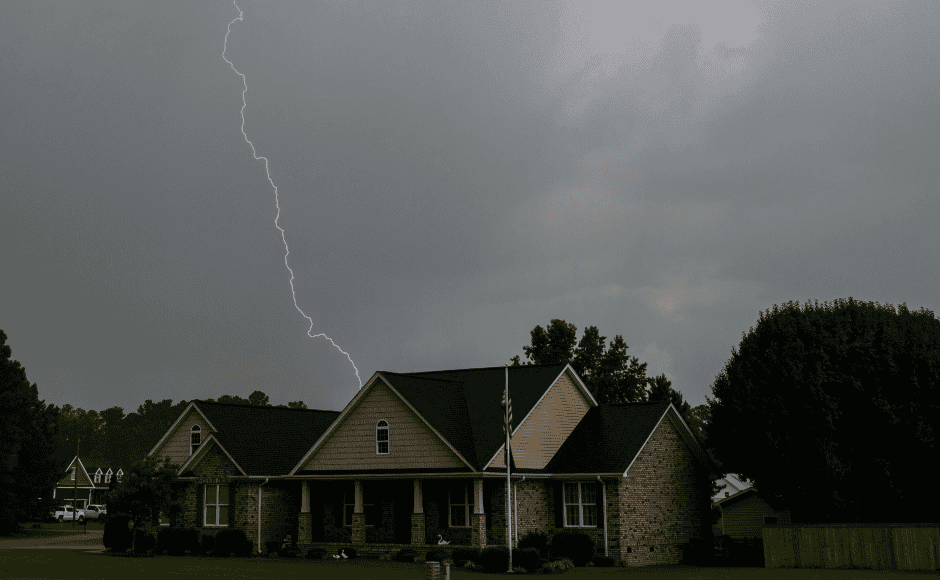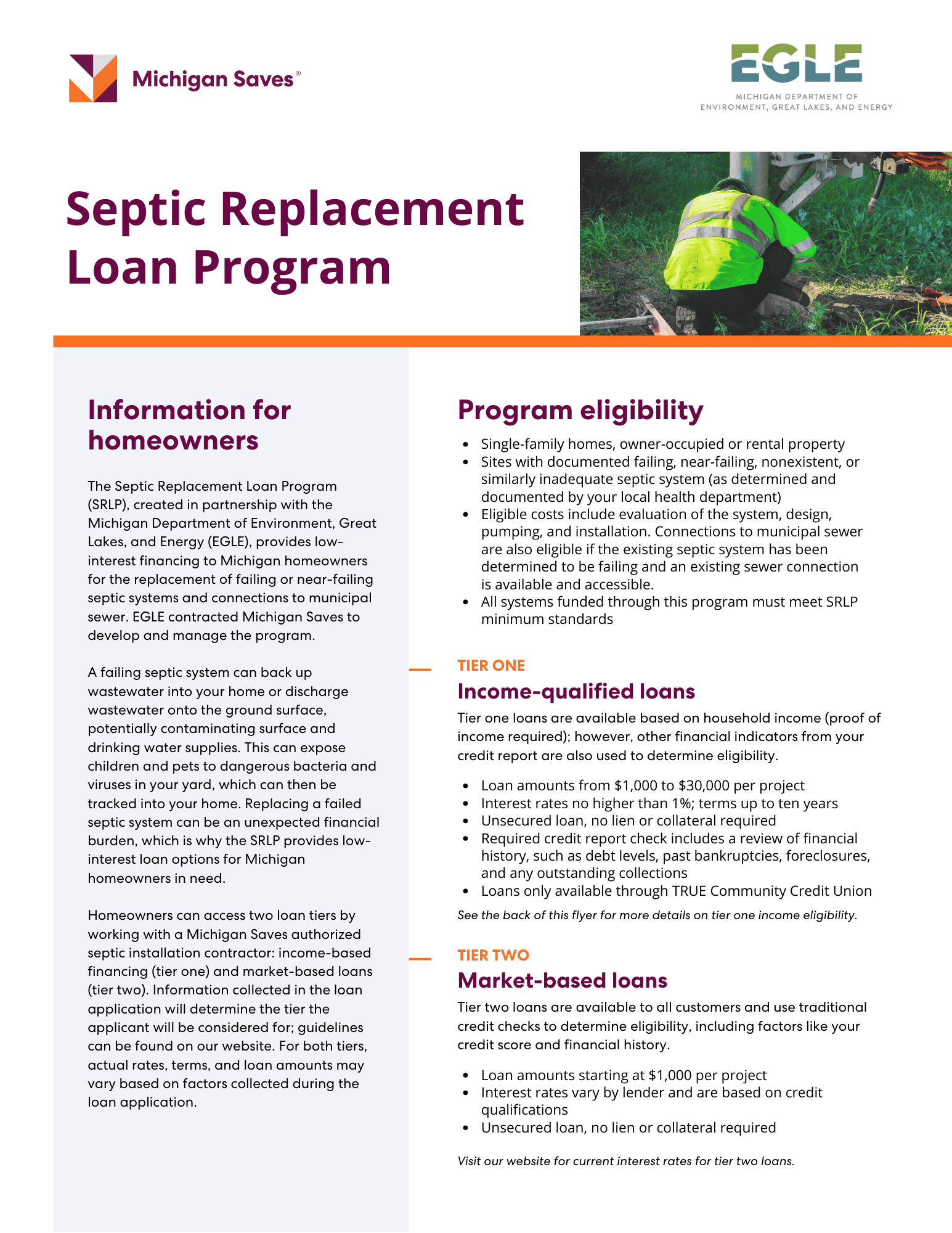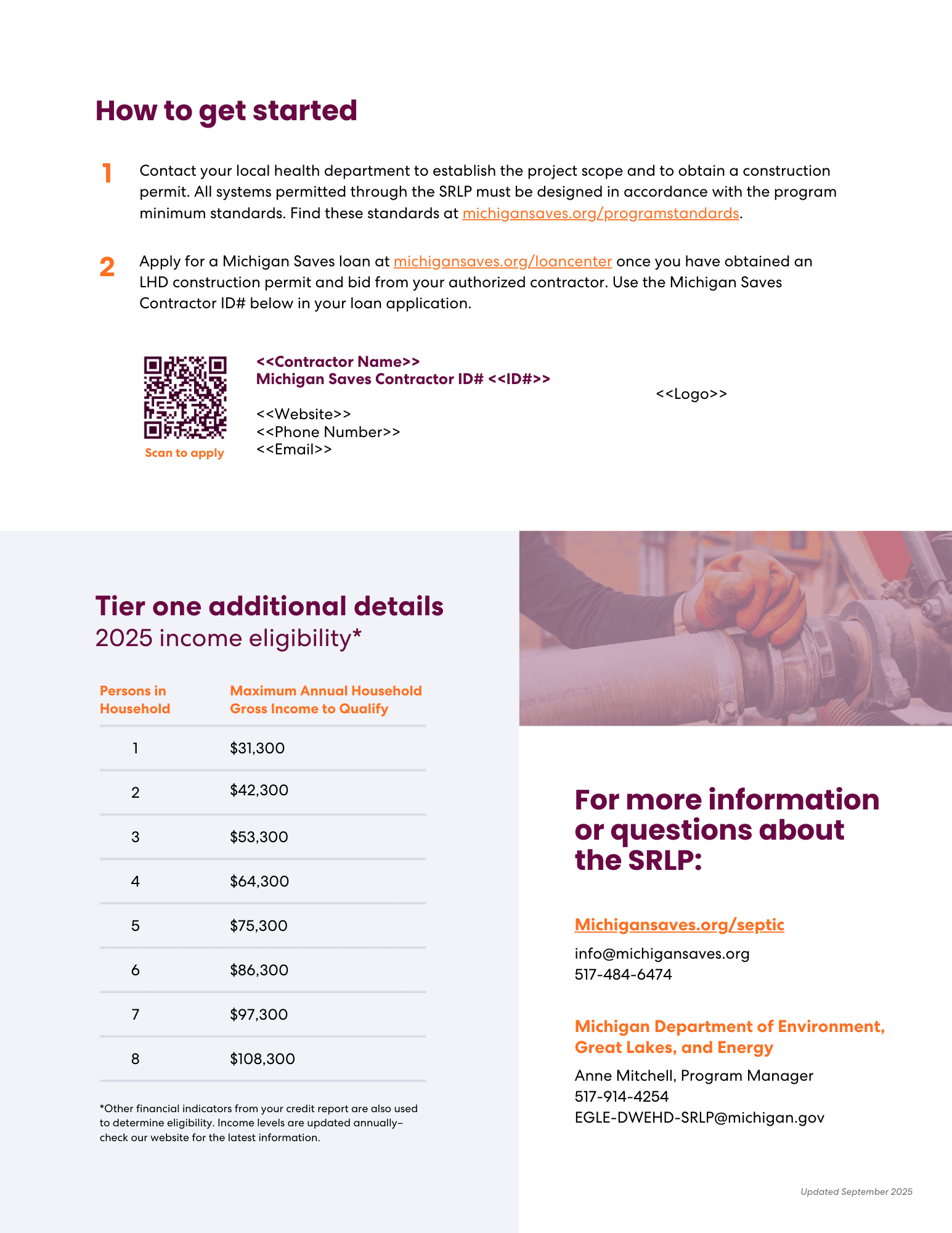
As climate change intensifies, homeowners face increasing threats from extreme weather events such as floods, heat waves, hurricanes, and wildfires. Enhancing your home’s climate resilience to these challenges is essential for safety, comfort, and preserving your property. Here are several strategies to protect your home.
Flood mitigation measures
- Install a sump pump and flood vents. A sump pump eliminates accumulated water from your home’s foundation, while flood vents work to balance pressure during flooding, reducing structural damage.
- Seal foundation cracks. Eliminate cracks in your foundation with mortar, masonry caulk, or hydraulic cement to effectively prevent water intrusion.
- Use flood-resistant materials. When renovating, opt for materials such as ceramic tile, vinyl, or rubber flooring, and consider concrete or pressure-treated wood for walls to minimize water damage.
Heat wave adaptations
- Improve insulation and siding. Proper insulation keeps your home cooler by preventing heat infiltration. Spray foam insulation is particularly effective. Fiber cement siding withstands high temperatures better than vinyl.
- Install energy efficient windows. ENERGY STAR–certified windows can reduce heating and cooling costs by 25 to 30 percent while maintaining a comfortable indoor temperature.
- Increase shading. Plant fast-growing trees and shrubs to provide natural shade, reducing indoor temperatures. Ensure they are native species suited to your region’s climate!
Hurricane and windstorm preparations
- Secure roofing and windows. Reinforce your roof with hurricane straps and install impact-resistant windows or shutters to protect against high winds and debris.
- Maintain landscaping. Regularly trim trees and remove dead branches to minimize damage during storms.
Wildfire defense strategies
- Create a defensible space. Remove vegetation and combustible materials within at least 30 feet of your home to reduce fire risk.
- Use fire-resistant materials. Opt for noncombustible roofing materials and install protective screens over windows to guard against embers.
Energy efficient and sustainable practices
- Electrify your home. Transition to energy efficient electric appliances and heating systems to reduce reliance on fossil fuels and improve indoor air quality.
- Install green roofs. Cover roofs with vegetation to reduce heat penetration and help manage stormwater, mitigating both heat and flood risks.
Implementing these measures enhances your home’s resilience to climate-related challenges and contributes to a more sustainable and comfortable living environment.
Make your home more climate resilient with Michigan Saves
Whether you’re looking to protect your home, save money, or conserve energy, Michigan Saves helps families make their homes more climate resilient and reduce energy bills all year long with low interest rate financing options for energy-saving upgrades. From energy efficient windows to updated HVAC systems, our authorized contractors can help make your home more comfortable and cost-efficient. Find an authorized Michigan contractor near you to get started!




